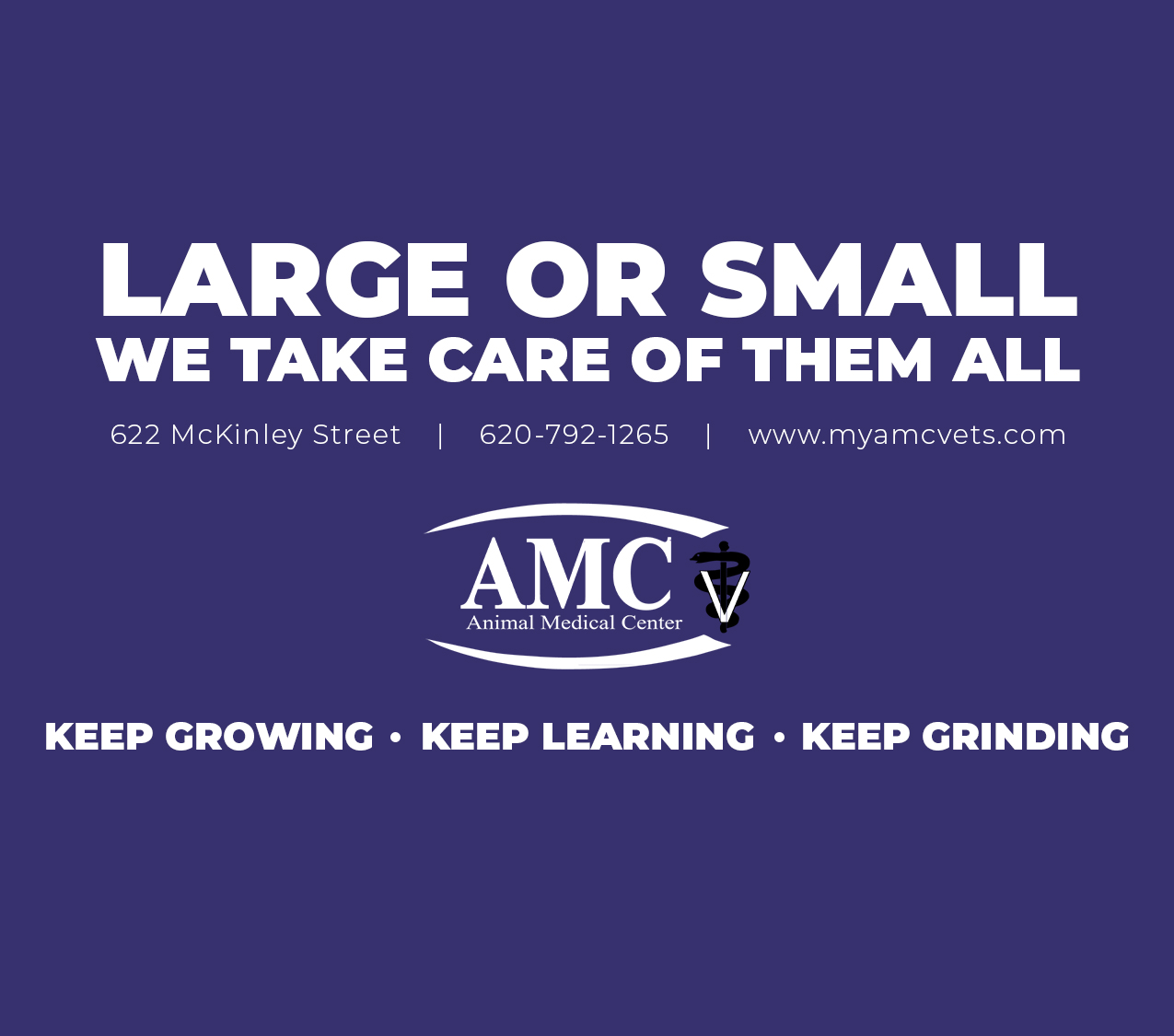Etymology – The Origin of Words
December 15, 2021
Due to the change in technology over the last few decades, some terms which used to make sense, now are less logical. Etymology is the word for “the study of the origin of words and the way in which their meanings have changed throughout history,” (Oxford) aka what we are talking about today. For example, when you hang up the phone. This term originated from the action of hanging up the receiver onto the base. If you didn’t know this, don’t fret, I’m here to catch you up on terms you may not know the origin of.
Why do we “turn” a device on or off?
Many devices used to require the user to turn a handle or knob in order to release the flow of an energy producing substance like gas, steam, or electricity. To stop the flow the knob would be turned back the other way and the device would cease operating.
Why do we “dial” a phone?
To call someone on an old phone, you had to stick your finger in a rotating dial at number positions that would turn the dial for various lengths of time when released. You had to do the entire number every time.
Why do cashiers “ring up” a purchase?
Cash registers also used to have little bells in them. Cashiers would enter the price of each item on a set of mechanical levers, when they pressed the button to get the total, the total price would pop up in a window and the bell would ring.
Why do we say “on line” for computer things?
In the early days of computing, when one machine needed to communicate with another, they had to be attached with a physical cord or “line.” Processes that could be completed without this communication were “off line.”
Why do we “roll” a window up or down?
Cars used to have hand cranks in the doors that moved the windows up or down when turned. To open or close a window, you had to roll the crank around a few times.
Where does the phrase “Sounds like a broken record” come from?
Music used to be played on grooved discs, called records. When these discs were scratched or otherwise damaged, it would cause the same sound to be played over and over again. So to sound like a broken record was to repeat the same thing over and over.
What is the origin of the word “Luggage”?
People used to travel with big, heavy bags that had no wheels or collapsible handles. They had to “lug” these bags around from place to place.
Why do we describe health food places as “granola”?
Weird, right? A lot of granola is full of gluten and sugar! But decades ago, granola was considered a healthy alternative to eggs, pancakes, and bacon, which were then considered unhealthy.
Why does a phone or an alarm clock “ring”?
Now phones and alarm clocks can make any kind of sound to catch your attention, but a long time ago, phones and alarm clocks had little bells inside them for this purpose.
Why do we call it a message “board”?
Before the internet, when people wanted to make an announcement or share information they would put it on a piece of paper and attach it to a board mounted in a public location where many people would see it.11. WHY DO WE CALL SOME SHOWS “REALITY” TV?
Even though these shows don’t actually show reality, at the time they first appeared, they were, in comparison, much less scripted and controlled than other shows, so they seemed somehow closer to the world as the way it was.
What is “clockwise”?
Clocks used to be a circular array of numbers, with pointers mounted on a controller in the center that moved around the circle over the course of the day. The direction that the pointers moved, beginning towards the right at the top of the circle, was referred to as clockwise.
Why do we say “rewind” for a do-over?
Video and audio used to be on strips of tape that moved across a reader in order to be played. A gear on one side would wind the tape, pulling across it the reader from a wheel on the other side. When you wanted to re-play a section you had just heard or seen, or go back to the beginning, you had to re-wind the tape in the other direction.
What does “cc” mean on an email?
When you cc someone, you send them a copy of your message. It comes from carbon copy, an old method of creating copies of paper documents by transferring lines via carbon paper.
Why is it called “clipart”?
The term “clipart” originated through the practice of physically cutting images from pre-existing printed works for use in other publishing projects.
References
Okrent, A. (2015, June 3). 15 Common Expressions Younger Kids Won’t Understand. Mental Floss. Retrieved December 8, 2021, from https://www.mentalfloss.com/article/64669/15-common-expressions-younger-generations-wont-understand.
Oxford Languages and Google – English. Oxford Languages. (n.d.). Retrieved December 7, 2021, from https://languages.oup.com/google-dictionary-en/.
Wikimedia Foundation. (2021, December 8). Clip Art. Wikipedia. Retrieved December 9, 2021, from https://en.wikipedia.org/wiki/Clip_art#:~:text=3%20Image%20rights-,History,era%20qualified%20as%20line%20art.



